Apple accused of pandering to China
Chinese protesters have been stifled by Apple’s latest iPhone update which only allows 10-minute sharing windows with non-contacts - preventing distribution of anti-government material.
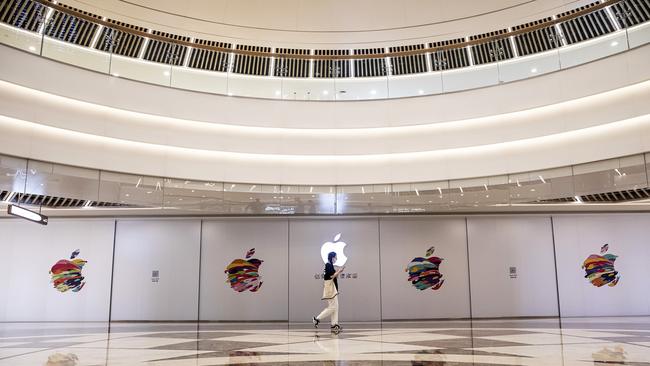
Chinese protesters are in a constant cat-and-mouse game with the authorities to evade their controls, but a crucial piece of their armoury has been removed recently by Apple.
The activists were using its AirDrop facility to share anti-government posters that read: “Oppose dictatorship, oppose totalitarianism, oppose autocracy”, echoing the daring highway overpass protest in Beijing last month.
AirDrop allows Apple device users to quickly share images, files, documents and videos with those around them. It was one of few relatively untraceable methods for sharing files in China, but on November 9 all that changed.
Apple released a new version of its mobile operating system in China that limits AirDrop to ten minutes for sharing with non-contacts. Although Apple said it would be introducing this change around the world to stop AirDrop spam, its critics were not convinced.
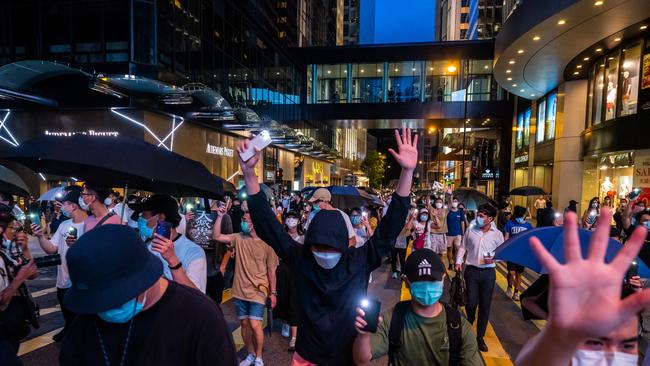
They highlighted a pattern of acceding to the Communist Party’s censorship wishes because of China’s crucial role in providing iPhones for the world. The Foxconn factory in Zhengzhou, nicknamed iPhone City, employs 200,000 workers and cranks out tens of millions of units.
Following Covid protests in recent days, Apple will have a six million shortfall in its new 14 Pro just ahead of holiday season.
Tim Cook, Apple’s chief executive, spearheaded the company’s entrance into China nearly 20 years ago and it has paid off handsomely. But the strategy has come at a reputational cost to a company that prides itself on being a champion of privacy in the western world. Apple censors its Chinese App Store to block encrypted messaging, software to evade the “Great Firewall”, and foreign news providers.
When Apple took the news broadcaster Voice of America off the store, Brendan Carr, the Federal Communications Commissioner, wrote to Cook to say it was “deeply troubling”.
Carr called out what he saw was Cook’s hypocrisy and the hollow argument that doing business in China leads to greater freedom. Apple, which stores Chinese customers’ data on state servers, says it is abiding by Chinese laws. However, this summer Apple asked its Taiwanese suppliers to label their products as from “Chinese Taipei”, which is Beijing’s preferred label.
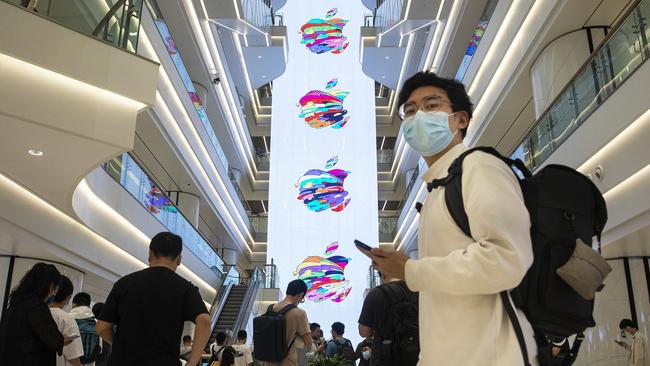
Apple is well aware of its predicament as sentiment turns against China. It is now looking to make more phones in India and the rest of Asia. By 2025 it wants to make a quarter of all iPhone 14s in India, according to JP Morgan.
Carr wrote in April 2022: “Particularly for a company like Apple that professes to value human rights and ‘battle’ dangerous actors, as you stated last week, it is past time to stand up for those values, not just in words in Washington but through deeds in Beijing.
“Indeed, I would encourage Apple to evaluate its overall relationship with China, particularly its extensive manufacturing operations there, to ensure that these relationships reflect the global values Apple voices.”
THE TIMES

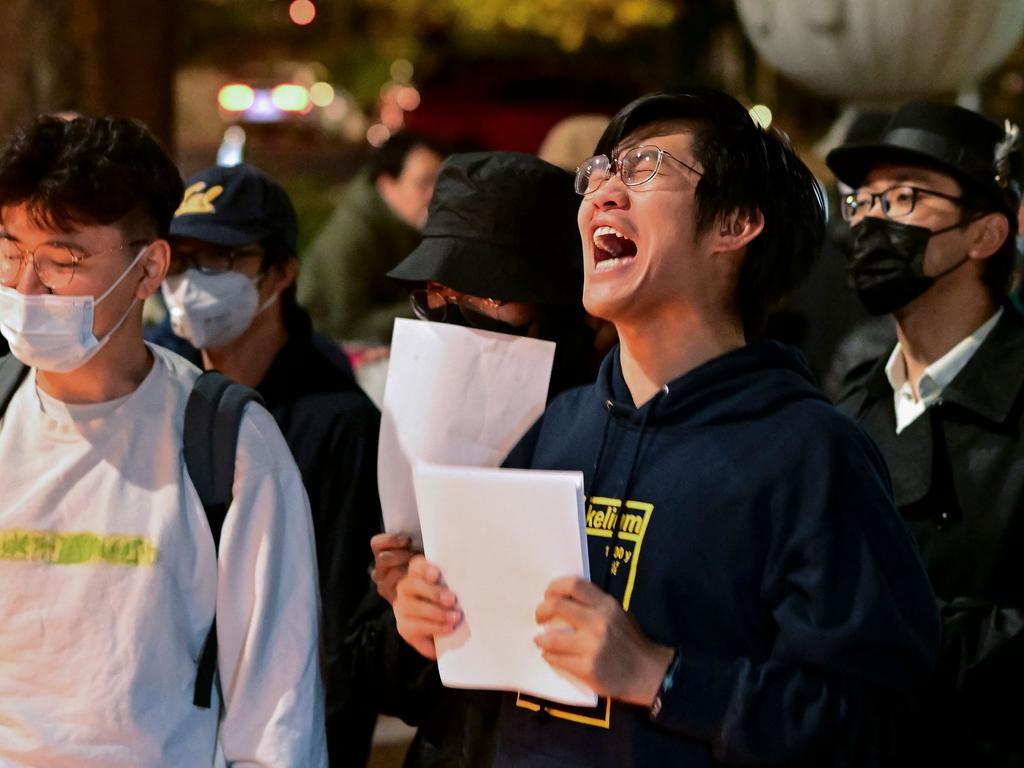

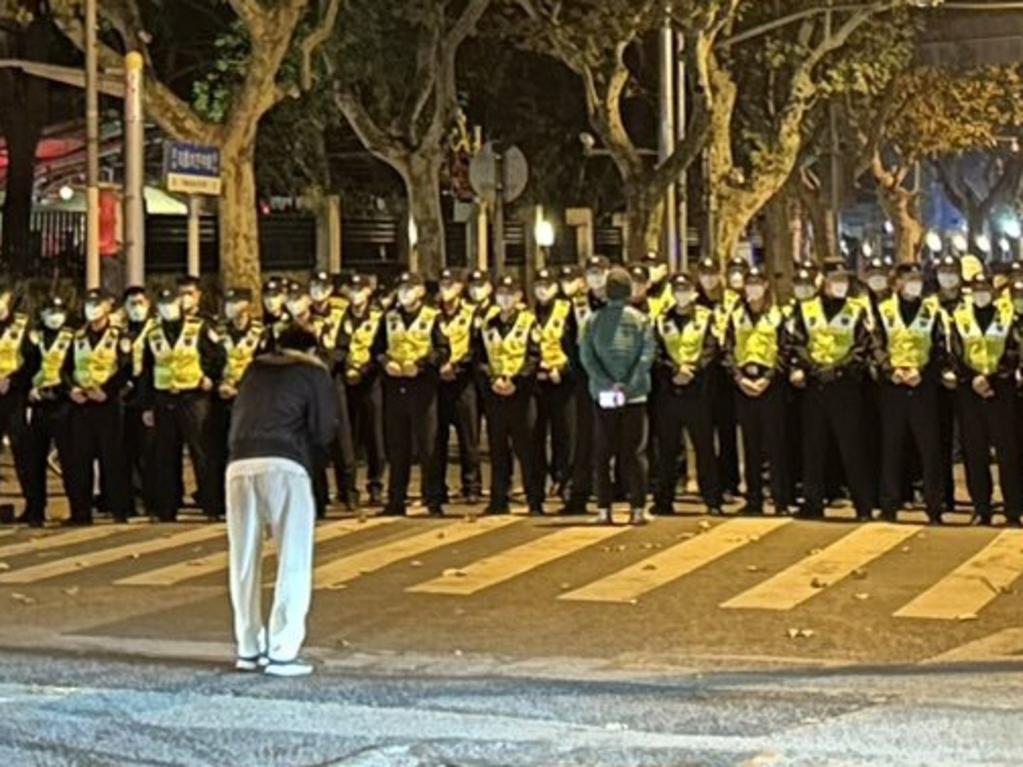
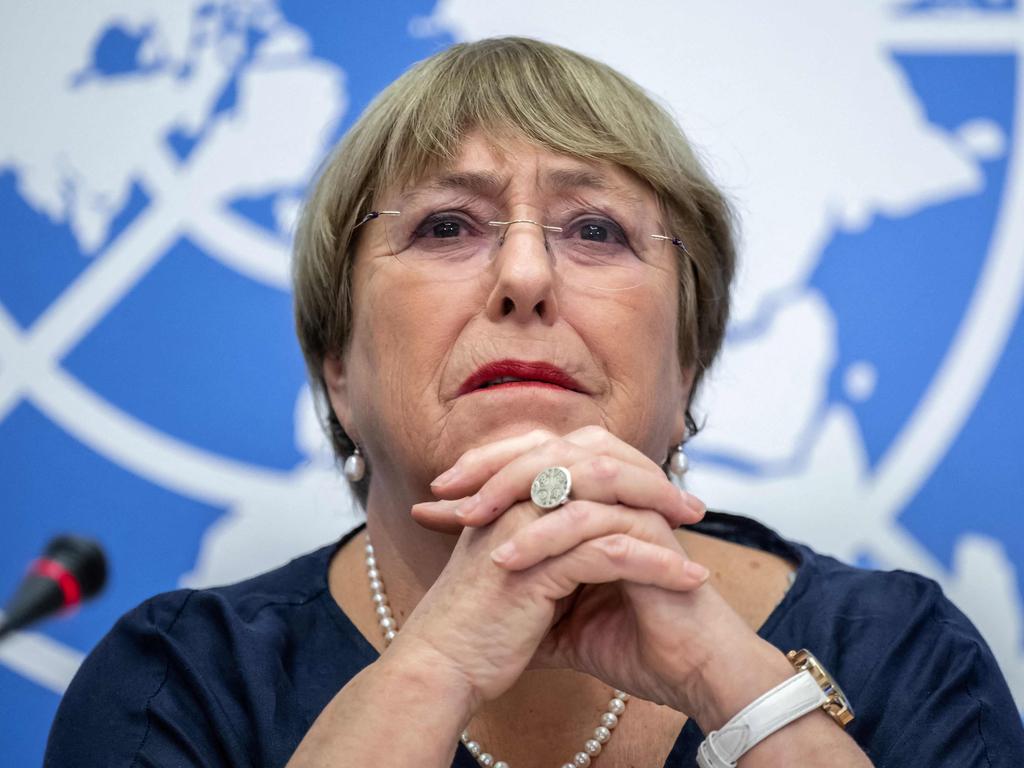


To join the conversation, please log in. Don't have an account? Register
Join the conversation, you are commenting as Logout